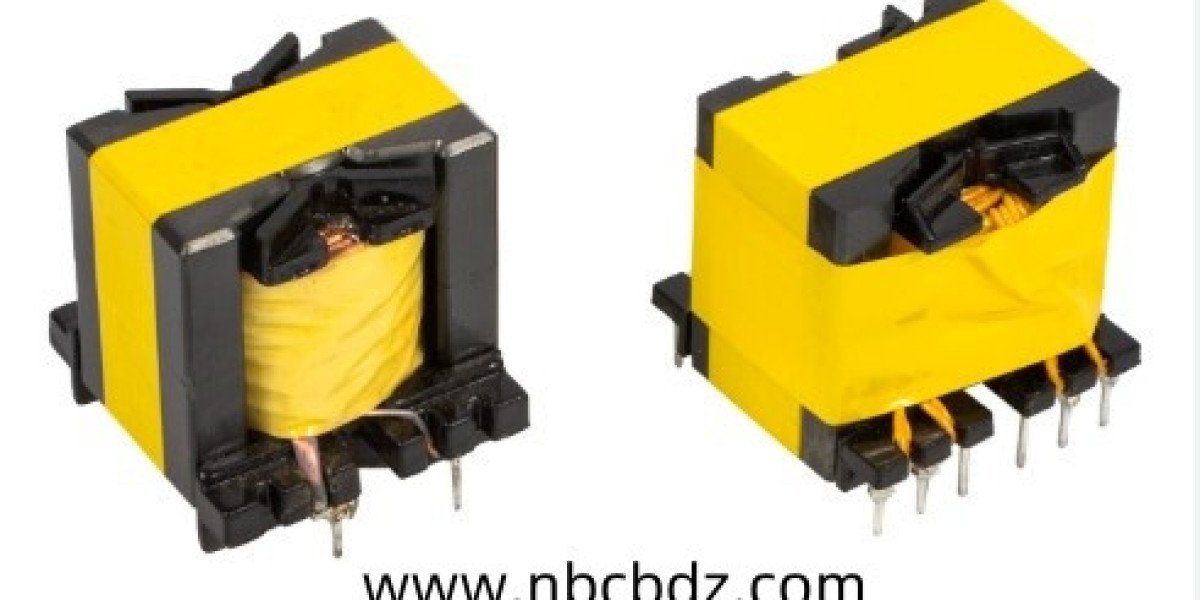In the field of advanced power conversion and electronic design, the High Frequency Transformer Factory plays a crucial role in delivering efficient and compact energy transfer solutions. These factories are centers of technological precision, where electrical innovation meets production excellence. High-frequency transformers are essential components used in switching power supplies, renewable energy converters, and communication systems, designed to operate with minimal loss and consistent performance.
Modern transformer manufacturing involves a blend of electrical engineering expertise and cutting-edge materials. The core structure, usually made of ferrite or other low-loss materials, is carefully designed to minimize energy dissipation during high-speed operation. The winding process demands accuracy, as even slight misalignment can impact frequency response or cause unwanted heat buildup. Every step, from prototype design to final assembly, requires strict testing and validation.
Factories specializing in high-frequency transformers also focus on adapting to different application requirements. Compact designs are essential for electronic devices, while higher-capacity versions support industrial automation or power conversion systems. Each transformer must meet precise electrical characteristics such as inductance, isolation, and voltage stability. This flexibility allows manufacturers to serve diverse markets without compromising reliability.
One defining aspect of these factories is their investment in research and development. As technology advances, engineers continuously explore better insulation methods, improved magnetic materials, and optimized winding configurations to enhance efficiency and reduce energy losses. Through innovation, these factories contribute to sustainable energy practices by lowering power consumption in electronic systems.
Automation also plays a growing role in transformer production. Automated winding machines, laser cutting systems, and precision inspection equipment ensure consistency and efficiency across large-scale production runs. At the same time, human expertise remains essential for quality control, troubleshooting, and performance testing. This balance between technology and craftsmanship reflects the modern manufacturing philosophy found in professional facilities.
Environmental responsibility has become a guiding principle for manufacturers as well. Factories are adopting greener production techniques, recyclable materials, and energy-saving designs that align with global environmental goals. By implementing responsible processes, transformer manufacturers demonstrate commitment not only to quality but also to ecological sustainability.
Ultimately, the value of these factories lies in their ability to deliver components that power the future of technology. From consumer electronics to renewable energy systems, high-frequency transformers enable efficient, lightweight, and stable power conversion. Their production represents a vital link between innovation and real-world application.
For more information on high-performance transformer solutions, please visit https://www.nbcbdz.com/product/.



